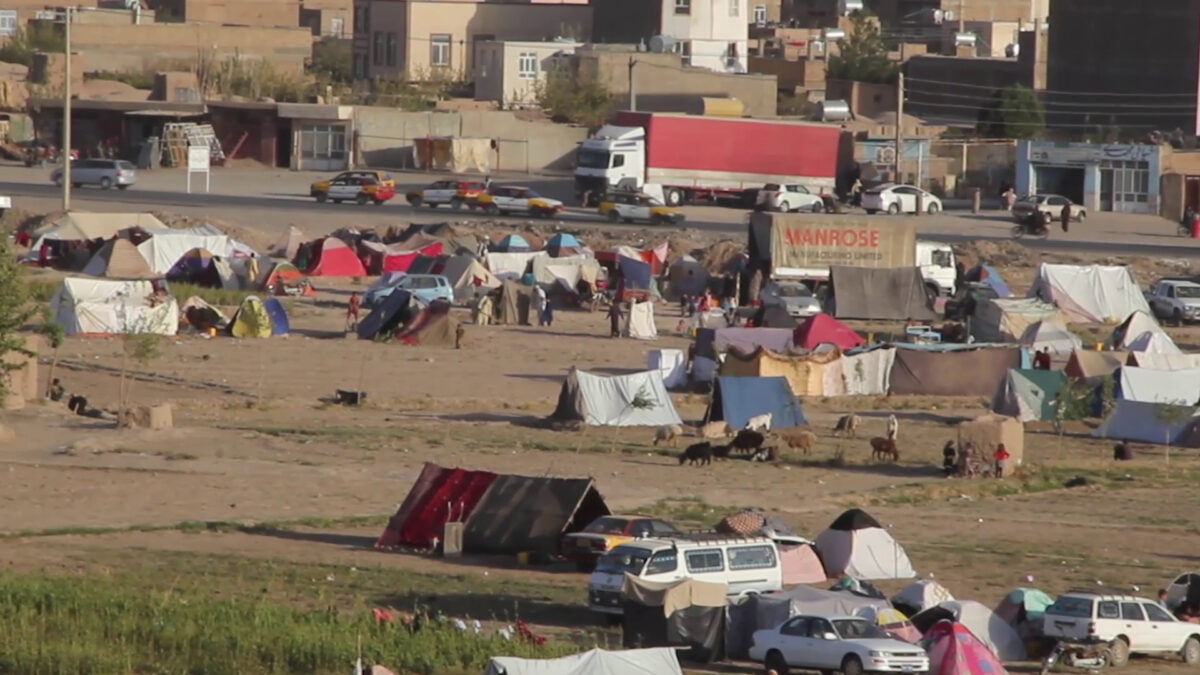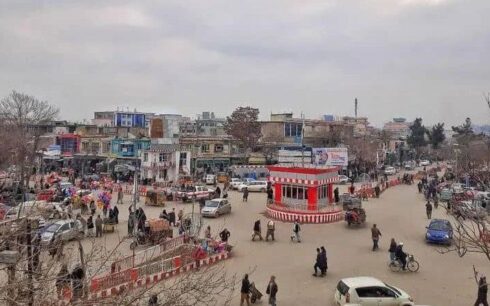The Office for the Coordination of Humanitarian Affairs (OCHA) on Thursday released a comprehensive response plan seeking nearly $173 million to address the urgent needs of 275,000 individuals affected by the October 7 earthquakes in Herat province.
The earthquakes, ranging in magnitude up to 6.3, struck between October 7 and 15, leaving a devastating impact on communities already grappling with conflict and underdevelopment.
The response plan emphasizes the critical, time-sensitive needs of the most vulnerable populations, especially with the harsh winter months approaching.
OCHA says immediate assistance is required to provide temporary shelter, food, cash aid, safe water, WASH supplies, emergency healthcare, and protection. As families prepare for the winter, there is a pressing need for transitional shelter assistance, winter clothing, warm blankets, and heating materials to protect against the extreme cold.
The earthquakes have directly impacted 48,347 families, totaling over 275,000 people across 382 villages in districts including Herat, Injil, Kushk, Zindajan, Gulran, Guzara, Ghoryan, Karukh, and Kohsan. Injil and Zindajan districts are reported as the worst affected, with Zindajan experiencing the destruction of over 3,330 homes. The overall damage assessment reveals 10,002 houses completely destroyed, 220,430 severely damaged, and 17,588 moderately damaged.
As a consequence, a significant portion of the affected population, approximately 37,139 families, are now living in makeshift tents and open spaces, while others have resorted to tent shelters and informal settlements. The earthquakes have also caused damage to schools, health facilities, and other infrastructure, with 21,300 buildings estimated to have sustained damage, including 40 health facilities and 144 schools.
The earthquakes have struck vulnerable communities already dealing with decades of conflict and underdevelopment, leaving them with little resilience to cope with simultaneous shocks, OCHA said.
According to the UN agency, the timing of the earthquakes, just before winter and during Afghanistan’s lean season, exacerbates challenges as households’ food resources are constrained or depleted. Extensive damage to water and sanitation points raises concerns of disease outbreaks, emphasizing the need for immediate investment in activities to detect and prevent diseases such as acute watery diarrhea (AWD).
The OCHA’s response plan not only addresses immediate needs but also highlights the importance of supporting affected households in their long-term recovery.





